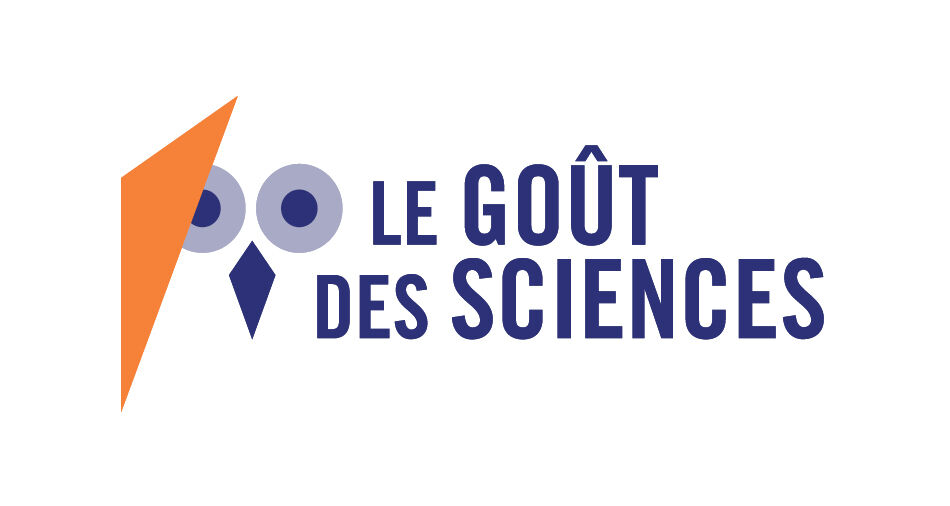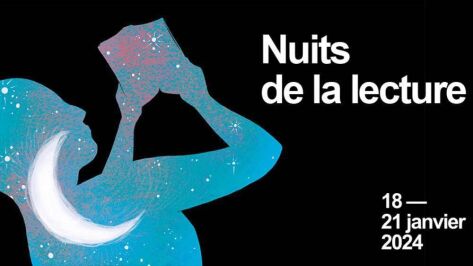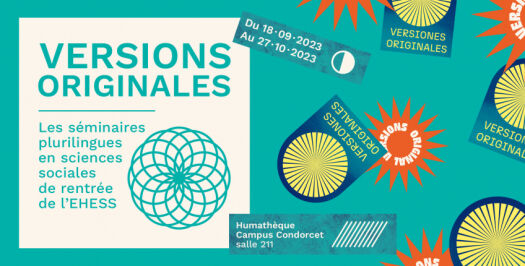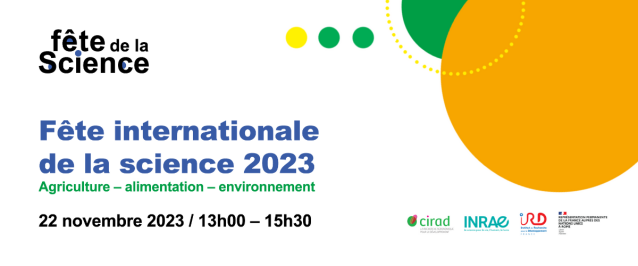 Actualidades
Actualidades 
The new Goût des Sciences prize promotes the scientific spirit
Whether you prefer to talk about scientific popularisation, democratisation, universalisation, the Goût des Sciences prize organised by the ministry in charge of research, which also publishes the titles in competition, tirelessly continues its objective. For 15 years, this literature prize has been recompensing the best work of scientific mediation to boost sciences and highlight the work of researchers. And maybe some people will have a calling after that!
The Ministry of higher education and research has just published the list of work chosen to be part of the 15th Le Goût des Sciences prize (literally “The taste for science”), a literature prize created by the same ministry to make science more accessible to the general public.
Reaffirming the place of sciences
Since its creation in 2009, this prize aims at “promoting scientific literature accessible to all by recompensing authors for the quality of their work in terms of scientific mediation”.
As the French ministry of national education (also a partner of the project) explains, three major objectives guided the creation of this prize:
- make science and scientific information accessible to citizens, including the young;
- put back rationality and the sense of objective facts at the heart of society and, as such, fight the propagation of fake news;
- better spread scientific knowledge, particularly with the young, and reach populations distant to science.
Two types of price
To face this challenge of making science accessible to the highest number, the prize is divided into two categories. First, the Scientific Book Prize recompenses work “allowing a novice public to understand scientific progress, research, trends and its impact on the world surrounding us”. This prize is granted by a jury of experts and profiles from the scientific work and specialists of scientific mediation. Fifteen written works were selected in this category.
The second category, Youngsters’ Scientific Book prize, recompenses a book for the young (9-13 years old) to “become familiar with science”. The prize is granted by a jury made of high school classes and media centres. As the ministry of research writes, all work in this category answer “a common objective: make science more accessible by popularising scientific knowledge, but not at the expense of accuracy about rich and varied subjects”.
A panel of experts and scientists
Members of the jury for the Le Goût des sciences prize come from a varied backgrounds, as close as possible to the scientific fields in which they work: researchers, geologists, biologists, journalists, science writers, mediation specialists, etc.
According to the Ministry of Education, their selection criteria are based on “the accuracy of the data, the creativity of the design of the media, the originality of the subjects or the teaching approaches”. For this 15th edition, the jury book draws a portrait of each of the 13 members. They include Jean Dhombres, mathematician, historian of science and former director of studies at EHESS and CNRS; Pierre-Henri Gouyon, biologist and professor at Agroparistech, ENS Paris and Sciences Politiques; Violaine Sautter, geologist at the Muséum national d’Histoire naturelle in Paris, research director at the CNRS and member of the Curiosity programme on Mars, and Chloé Nabédian, weather and climate journalist, who is currently focusing on her climate commitments by hosting a series of programmes on TV5 Monde, À la vie, à la terre.
From the infinitely small to great spaces
In total, about 15 works were selected or the Scientific Book prize, relevant to all audiences. Four scientific essays caught our eye:
- Marie Curie at the beach, elementary particles on deckchairs, by Marco Zito (Dunod publishing). Why is Marie Curie considered a pioneer of nuclear physic? Because his discoveries are the starting point of a “resounding scientific revolution opening the way to a new dimension of reality, the infinitely small”;
- The biggest menu in the world, natural history in our plates, by Bill François (Fayard publishing). There’s no need to travel to “faraway jungles to meet the wonders of nature”. All you have to do, says the author, is “look at our plates” and “discover on our table the unsuspected species that populate our everyday dishes”!
- Space trashers: debris, exploitation, militarisation... How to save our common good, by Raphaël Chevrier (Buchet-Chastel publishing). While the “New Space revolution” is full of promise, it also runs the risk of leading to “a proliferation of space debris, launching a race for extraterrestrial resources and leaving the field wide open to unscrupulous entrepreneurs to the detriment of the rights of all of us to the common good that is space”;
- Genes, synapses and autism, by Thomas Bourgeron (Odile Jacob publishing). According to the author, a researcher at the Pasteur Institute, more than 650,000 people in France and nearly 80 million worldwide could be affected by autism. This book sets out, for the first time, the geneticist’s discoveries which “have revolutionised our understanding of autism”.
All is left to know is whether these books will be chosen by the jury in June... To be continued, then!
Explore more:
- General presentation on the website of the ministry of higher education and research





Commentaires
Vous devez être connecté pour laisser un commentaire. Connectez-vous.